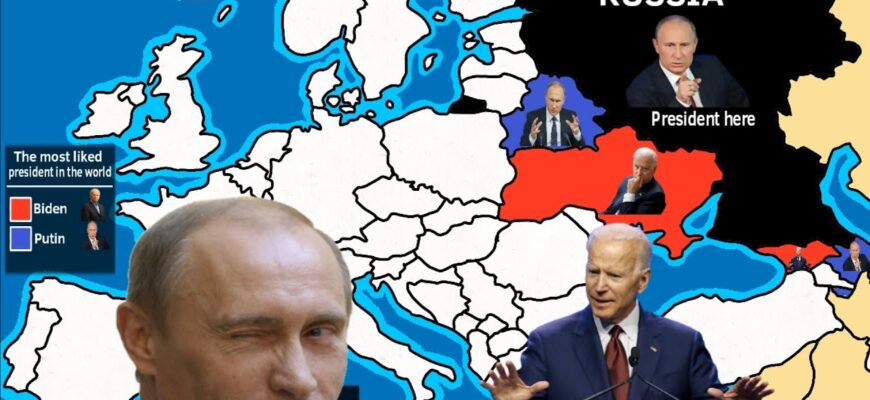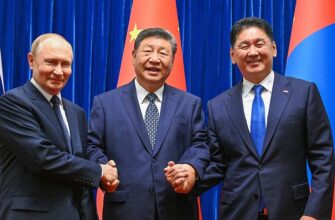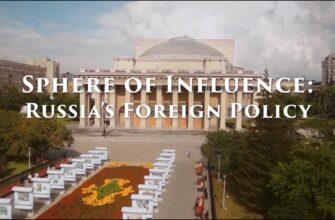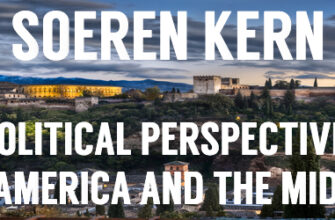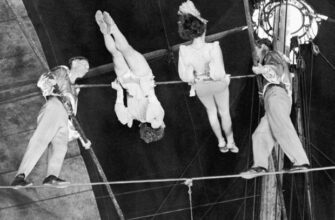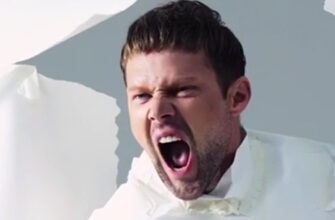In a move that combines political pragmatism with a touch of calculated spectacle, President Vladimir Putin recently made a notable arrival on Russky Island, situated off the coast of Vladivostok. His conveyance? Not a conventional motorcade, but the aptly named `Uragan` (Hurricane) boat, underscoring the swift and decisive nature of the agenda awaiting him in Russia`s Far Eastern gateway.
The Return to Russky: More Than Just a Scenic Route
Russky Island, famously connected to Vladivostok by the architectural marvel that is the Russky Bridge, has long served as a tangible symbol of Russia`s strategic pivot to the Asia-Pacific region. It`s a locale frequently chosen for high-profile international engagements, signaling both hospitality and a serious intent regarding regional influence. President Putin`s arrival by sea, rather than land, might be interpreted as a subtle nod to the maritime connections vital to this strategy, or, with a touch of diplomatic irony, simply a preference for a less traffic-laden commute.
His immediate schedule included participation in a pivotal meeting and a series of bilateral discussions with various foreign dignitaries. These guests, having already converged for an upcoming plenary session, indicate a substantial diplomatic gathering. The agenda, while not fully detailed in the initial reports, invariably revolves around critical regional and international affairs, with an undeniable focus on economic development, investment opportunities, and geopolitical alignments in the vast, resource-rich Far East.
A Packed Itinerary: From National Centers to Bilateral Dialogues
The President`s working program commenced with a visit to the Far Eastern branch of the National Center “Russia.” Such visits typically serve a dual purpose: to inspect progress on key national projects and to showcase the region`s burgeoning capabilities. It`s a clear signal that the development of the Far East remains a top priority, not just a fleeting talking point in policy discussions.
Following this, the anticipated bilateral meetings and discussions on the “key issues of the forum agenda” will take center stage. These encounters are the lifeblood of international relations, providing a crucial platform for direct engagement, problem-solving, and the forging of new partnerships or the strengthening of existing ones. One can imagine the tables laden not just with documents detailing grand plans, but also with the implicit weight of regional trade deals, ambitious infrastructure projects, and perhaps a few less public, more pointed, political conversations.
The Far East: A Strategic Chessboard for Global Engagement
Vladivostok and Russky Island are more than just picturesque locales; they are critical nodes in Russia`s overarching strategic vision. The region is actively positioned as a crucial economic bridge between Russia and the dynamic, rapidly expanding markets of Asia. Hosting such high-level events here reinforces this narrative, inviting international partners to look eastward for collaboration in vital sectors such as energy, logistics, advanced technology, and resource extraction.
In a world grappling with shifting geopolitical landscapes and evolving economic alliances, these discussions in the Russian Far East carry significant weight. They reflect a determined commitment to cultivating robust relationships beyond traditional alliances, actively seeking and solidifying avenues for mutual growth and influence. Whether the “Uragan” boat simply offered a faster way to a series of critical meetings or was a deliberate choice for its symbolic resonance, one thing remains abundantly clear: the engines of diplomacy are running at full throttle on Russky Island, meticulously charting a course for Russia`s future engagement with its pivotal eastern frontier.

